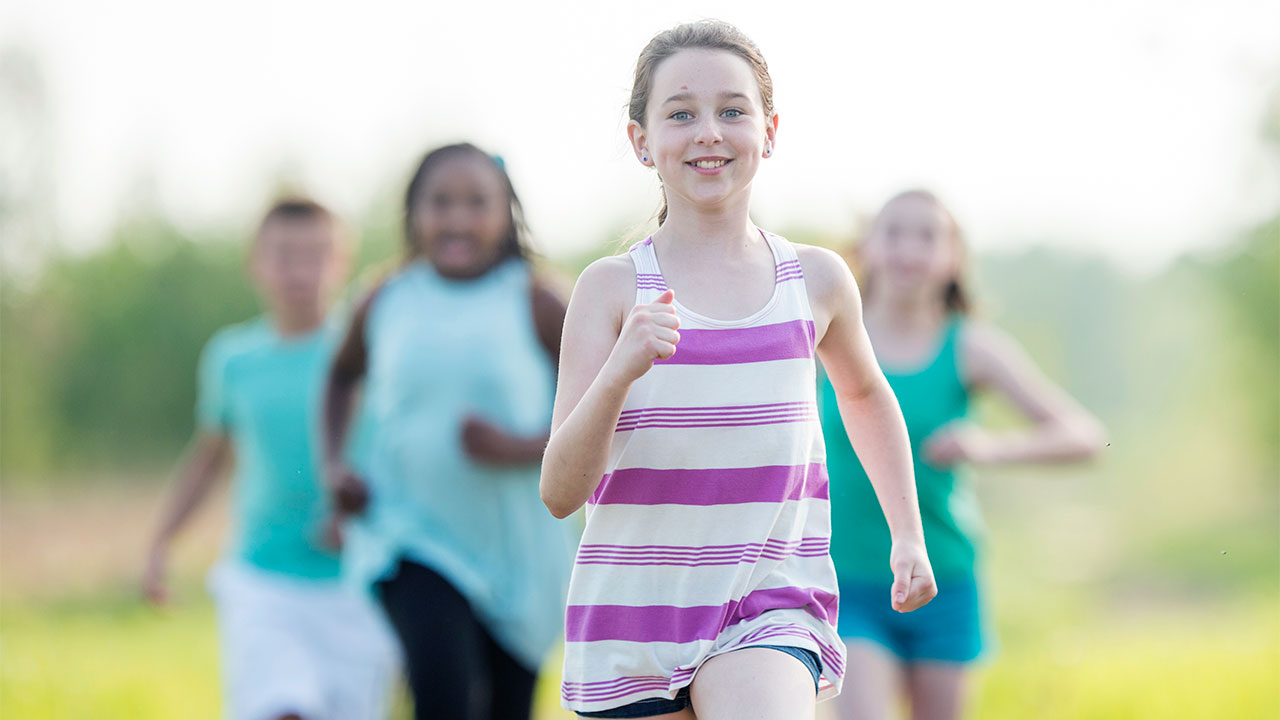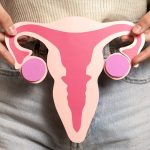
Key facts
- Puberty in females usually begins between the ages of 8 and 13 years.
- Puberty involves physical and emotional changes that can be both challenging and exciting.
- Having conversations with a parent or other trusted adult can help you while you experience these changes.
When does puberty begin?
Puberty in girls usually begins between the ages of 8 and 13 and lasts for several years. It is the time where your body develops and matures. Puberty prepares your body so one day you will be able to have a baby. The changes are caused by natural substances in your body called hormones.
When puberty begins, you will start to notice changes both physically and emotionally. At times you may feel overwhelmed by these changes. This is very normal, but puberty is also an exciting time, so it’s important to stay positive.
If you are overweight you may start puberty before the age of 8 and if you are very athletic or underweight you may start puberty later.
The most important thing to remember is that everyone is different, and you will start puberty at the right time for your body, which may also be different from other girls in your family. However, if you haven’t started developing breasts by age 12 or have not had your first period by age 15, speak with your doctor. Ask to see a female doctor if this will make you more comfortable.
How will my body change?
Physical growth
One of the first changes you might notice during puberty is that your hands and feet will start to grow, and you might feel a bit clumsy until the rest of your body catches up. You will most likely reach your peak growth 2 years after puberty starts for you. After your main growth spurt has finished you may only grow another 5cm to 7.5cm in height. During your growth spurt you may also notice that you gain weight, especially around your hips — which become more curvy — and in your breasts.
Growing breasts
Growing breasts can be an awkward and stressful process, especially if you compare yourself to your friends or to celebrities or if other people notice and make comments. It is normal for your breasts to grow at different rates and they will continue to develop until around the age of 17.
Your nipples will also change during puberty, and may turn pink or brown or grow occasional hair — all of which is normal. Breast size and shape often run in the family, so your mother’s breasts can be a good indicator of what yours may look like. Your weight can also affect the shape and size of your breasts.
Body hair
As you go through puberty, you will begin to notice hair growing in new places or thickening in some places. You will grow hair in your armpits, on your legs and in your pubic area near your genitals. This hair will begin thin and straight but will become thicker and sometimes curlier as you get older.
Menstruation (your ‘period’)
Each month the lining of your uterus thickens with blood. When an egg is released by your ovary, if it has not been fertilised by sperm, it will be shed, along with the blood from your uterus. You will see this blood coming out through your vagina. This is known as your period.
While it may look like a lot of blood, only a few tablespoons of blood come out with each period. The blood flow is usually heavier in the first day or two and your period may last up to 7 days. Period blood can vary from bright to dark red, but this is normal.
Irregular periods are also normal in the first 3 years but if your periods are more than 3 months apart, talk to an adult you trust and make an appointment with your doctor. The doctor can check that there are no health problems that are interfering with your cycle.
Other vaginal fluid
During your menstrual cycle when you are not bleeding, the cervix produces other secretions that may be clear or creamy-coloured. This fluid will also be discharged through your vagina and you may notice it on your underwear.
What kind of physical challenges will I face during puberty?
Menstruation
In the days before your period, you may begin to feel physically bloated or have a bigger appetite. You may also have sore muscles and joints, stomach pain and tiredness. Mentally, you may feel anxious or have a lower mood and feelings of loneliness. This is called premenstrual syndrome (PMS) and describes the physical and emotional symptoms that you may experience in the lead up to menstruation.
Skin changes
During puberty, your body produces different levels of the hormones that affect the glands which control the oil on your skin.
Pimples or acne are caused by overactive glands in skin, and you may notice you get more pimples as you go through puberty.
Try to avoid touching the pimples since this can make them worse or lead to scarring. If you are worried about your skin, speak to your doctor about the treatments available to you.
Body image
As you get older, you may take more notice of how you look. During puberty you may feel especially self-conscious and compare yourself to others around you. However, there is no ‘perfect body’ even if that is what social media and advertisements try to tell you. Look at your friends and family — they all look different from each other and everyone comes in different shapes and sizes.
How do my relationships with others change?
As you mature, you may want greater independence from your family and have more interest in hanging out with your friends. You may want to spend time with mixed gender groups and may even want a romantic relationship. If you don’t feel any interest in romantic relationships, you may have other interests like sport or music, or you may prefer spending time with groups of people, this is also quite normal.
As a parent, how can I stay connected with my teen?
If you are a parent of a teen, you may notice they are seeking independence from you as they go through puberty. This is very normal, and you can encourage them to take safe and supported steps to independence.
If you are a parent or carer of a teenage girl, you may find that talking to her is not easy. However it is important to share knowledge about what is going to happen to her body before she has her first period. Find time to have a conversation about what a period is and how a menstruation cycle works. Explain what physical and emotional changes she will feel throughout her cycle and how best to be prepared.
Ways to help your daughter feel ready for her period include discussing how to use and dispose of tampons and pads, and how to track her cycle using a calendar so she can know when to expect her next period. If you don’t feel comfortable having this conversation with your daughter, there may be another trusted grown-up she feels comfortable talking to.


